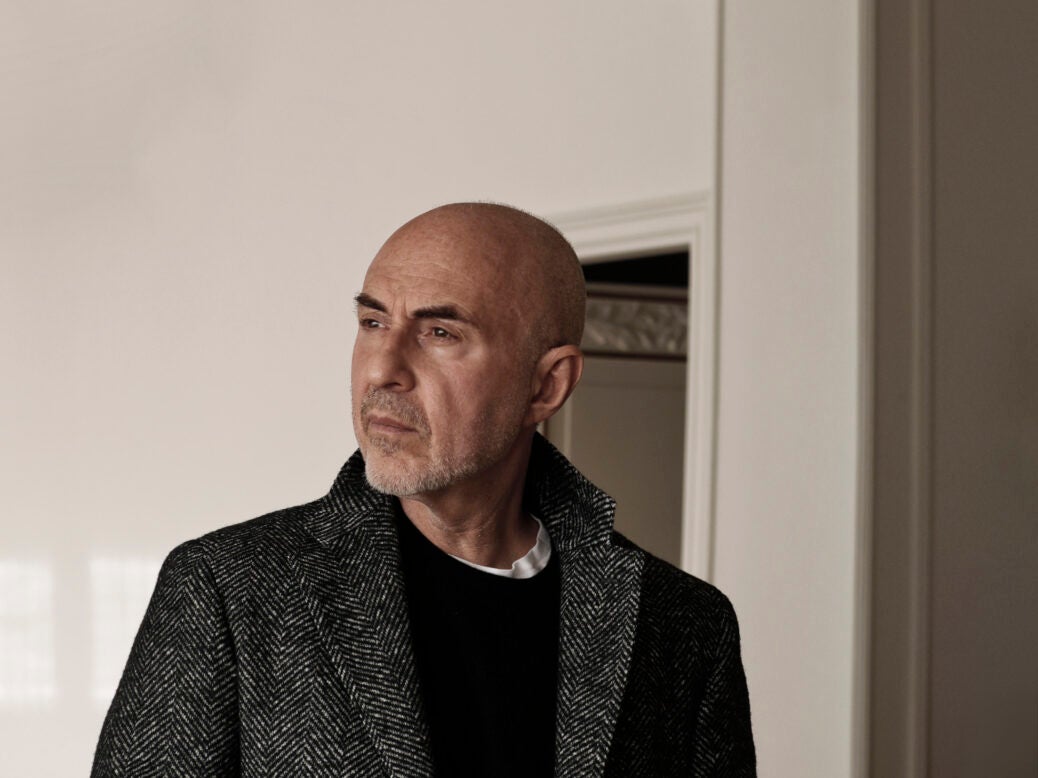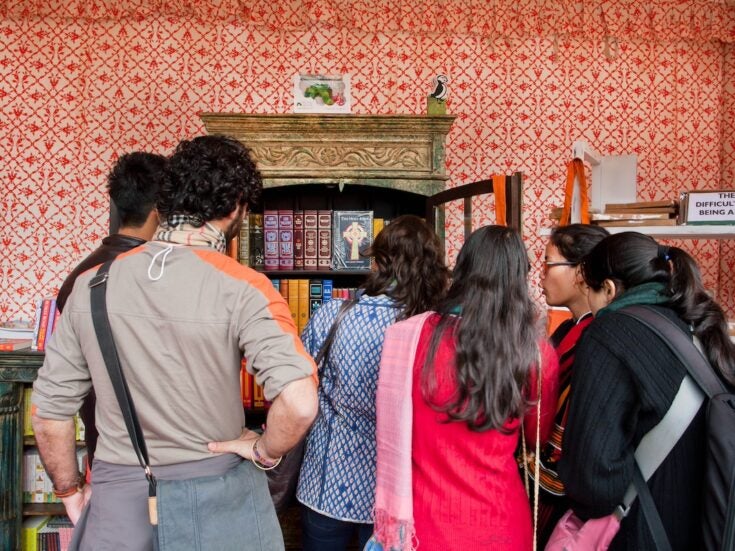
Fernando Sulichin is no stranger to powerful names. The Argentine film producer has worked on films about the likes of Vladimir Putin, Fidel Castro, Hugo Chavez and Edward Snowden with regular collaborator Oliver Stone, and he also boasts a packed CV of feature films including Malcom X and Babel. Spear’s caught up with Sulichin to get the lowdown on what it’s like to interview powerful people, philanthropy and his thoughts on the current state of cinema post-Covid.
How did you end up becoming a film producer?
I always like movies since I was a kid. I finished my architecture studies in Argentina, then I went to Los Angeles to continue my studies. By mistake at UCLA, I went into a class on film production. I saw a tremendously energetic, magnetic gentleman that was giving the class. His name was Peter Guber, at that time, the producer of Batman.
I started going to his classes, and I said, ‘this is what I want to do, I want to be like him, I want to have his energy’. Two years after I stepped foot in that class, I met Spike Lee. Basically, I became associate producer of Malcolm X. And he gave me the task of convincing Nelson Mandela to be in the film. And then I was responsible for bringing the holy city of Mecca into the film. I had to do a lot of maverick things. That was my first film.
There is a consistent political theme to your work. How did you develop that interest in a cinematic sense?
I consider myself more of a humanist than someone political. We interview in many of my documentaries, big, immortal political figures that are beyond being political. Through the cinema, we get access to these people: We have the chance and opportunity to ask them any questions we want and to satisfy that curiosity without any political point of view, but the curiosity from a viewer’s point of view.
I had the same curiosity with people like Iggy Pop, through the eyes of Jim Jarmusch [in Gimme Danger]. They’re extraordinary, regardless of their moral or political motivations. It’s the same curiosity we have had with someone like Mick Jagger, or David Bowie… someone that transcends their universe.
You’ve encountered a lot of incredibly powerful and famous people. How do you prepare for and approach these meetings?
We’re all the same, we’re all humans. Relating to them as humans, we can get much more than just in an accusation or judging them. We want to know different things about this person and the audience wants to know different things as well.
It’s been a torrid year for cinemas, which have still yet to recover their pre-pandemic figures. What do you think is going to happen?
I think that there’s going to be room for everything. People are used to watching at home. The quality is not that great, and people will go to see films as well. Let’s put it in fashion terms: there is room for Zara or H&M and there is room for Hermes and Loro Piana.
I hope that in November, I’m going to go and see James Bond in a theatre. And that next year, I’m going to see Mission Impossible in the theater and I don’t have to watch it in my house.
You’re an avid philanthropist. Can you talk about some of the work you’ve been doing recently?
At the moment, I’m one of the board members of the Sean Penn-related organization called Core. We have been doing tremendous work in vaccinating in the US. I’ve also been helping a lot of people in poor countries to get vaccines from different sources. I’ve been sourcing vaccines to many countries like Bolivia, Argentina, Brazil, and coordinating with health ministers and even presidents themselves.
I’m going to launch my own foundation to try to generalise all this philanthropy work and to try to help more people. It has to do with both Covid trauma and with people that they suffer from loss of jobs, family members, and things like that.
Read more
Accelerated aging of whisky: Just because you can, it doesn’t mean you should
Bobbi Brown’s Endless influence







